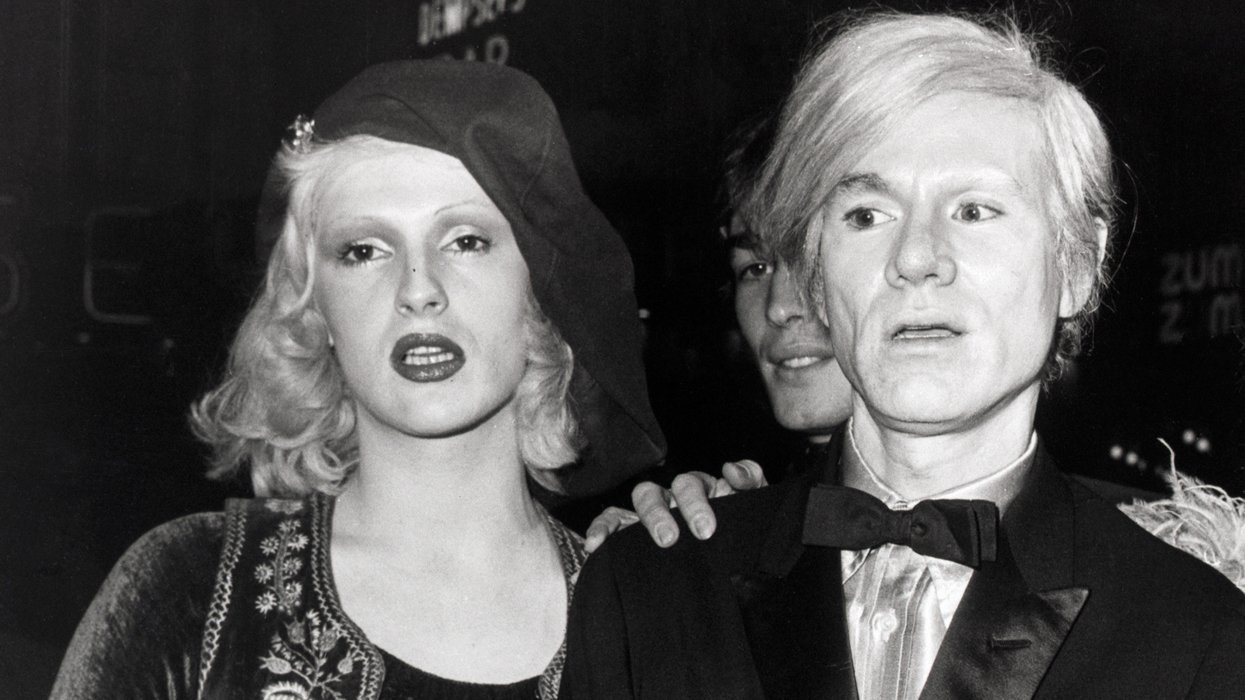On the same day that Donald Trump announced reinstatement of the ban on transgender people in the military, his Department of Justice set out to undermine the rights of gay, lesbian, and bisexual people.
The DOJ, which is led by Attorney General Jeff Sessions, today filed a friend-of-the-court brief in a case that involves whether federal civil rights law bans discrimination based on sexual orientation, BuzzFeed reports. The department argued that it does not.
The filing came in the case of Zarda v. Altitude Express, in which skydiving instructor Donald Zarda alleged the Long Island-based company fired him because he told a customer he was gay. Zarda died in an accident after filing the federal lawsuit, but his estate is continuing to pursue it.
"The Trump administration's filing is unusual in part because the Justice Department isn't a party in the case, and the department doesn't typically weigh in on private employment lawsuits," BuzzFeed notes.
A three-judge panel of the U.S. Court of Appeals for the Second Circuit dismissed the case in April, saying Title VII of the Civil Rights Act of 1964, which bans sex discrimination, does not cover sexual orientation discrimination. The full court agreed to reconsider the case, however, after another appellate circuit, the Seventh, ruled in a separate case that Title VII does indeed cover sexual orientation. It was the first federal appeals court to make that determination, although lower courts had.
The Justice Department begs to differ. "The sole question here is whether, as a matter of law, Title VII reaches sexual orientation discrimination," the department's brief says, according to BuzzFeed. "It does not, as has been settled for decades. Any efforts to amend Title VII's scope should be directed to Congress rather than the courts."
There's little chance of a bill broadening Title VII passing in the current Republican-controlled Congress, nor is there much chance of passing any other legislation to ban discrimination based on sexual orientation and/or gender identity. The Employment Non-Discrimination Act failed for years to pass, and it has now been superseded by broader legislation, the Equality Act, which has almost no chance of becoming law under the present Congress and presidential administration.
Yet in 2000, Trump told The Advocate, "I like the idea of amending the 1964 Civil Rights Act to include a ban of discrimination based on sexual orientation. It would be simple. It would be straightforward." At the time he was considering a run for president on the Reform Party ticket. It's hugely unlikely that he would take such a stand now.
The Justice Department's current stance is far from the one it took under President Obama, when it held that Title VII covered sexual orientation and gender identity. The Equal Employment Opportunity Commission also has made that determination and has filed its own friend-of-the-court brief in the Zarda case, supporting that interpretation of the law. The EEOC is "a largely autonomous federal agency that handles civil rights disputes in the workplace," as BuzzFeed puts it.
To the Justice Department, though, the EEOC's opinion is of no consequence. "The EEOC is not speaking for the United States and its position about the scope of Title VII is entitled to no deference beyond its power to persuade," the DOJ brief reads.
Several major employers are also on the side of a broader interpretation of Title VII, however. Fifty major corporations and organizations, including Microsoft, Google, CBS, Viacom, Ben & Jerry's, Lyft, and Levi Strauss, filed a friend-of-the-court brief in the Zarda case last month, urging the Second Circuit to rule that Title VII covers sexual orientation discrimination.
The U.S. Supreme Court may consider the question as well. An Eleventh Circuit decision holding that Title VII does not include sexual orientation has been appealed to the high court; the justices haven't yet announced if they will hear the case.















































































